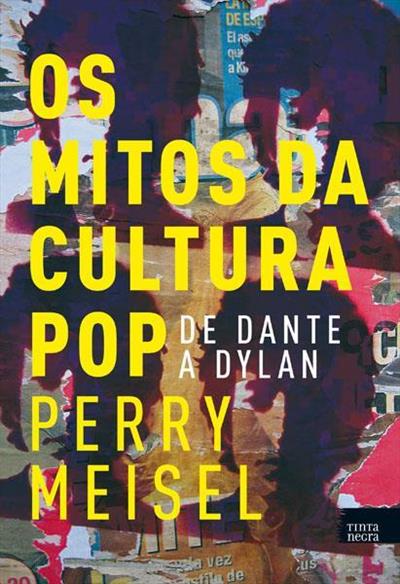by Perry Meisel
Renee and I had settled into our seats at Avery Fisher Hall with lots of expectations that hot night last July. Here was a chance to see Boz Scaggs up close and find out whether he could deliver the elegance and heartbreak of Silk Degrees in front of real people. After all, his newly cultivated persona was bound up body and soul (if such terms still had meaning here) with the air-conditioned isolation and faintly android world-view of the Sun Belt studio. Until a few listenings had revealed how astonishingly moving and melodic Silk Degrees really was, its slicko production could easily be taken for a rocker's version of Lou Rawls in Philadelphia, or maybe George Benson in Vegas. Besides, there was something musically troubling, too. Even on TV, he usually looked strained, a little black under the eyes, and we'd seen him hang out at Mikell's, not quite sure what to do with his hands.
We didn't get a chance to find out much of anything that July night, since three tunes into the concert suddenly the lights, the sound, everything went out and Boz's story slipped into darkness once again. The music was at the mercy of the machine more than Boz perhaps had wished. With his new album - Down Two Then Left, on Columbia - the presence of the machine seems to have diminished, although its futuristic title and jacket conjure up a Boz of the studios even more forbidding than the suspected technocrat of Silk Degrees.
To be sure, the title's assumption of a (probably nonorganic) grid or puzzle on which we locate ourselves (or is it seats at a concert, or the way to the men's room?) is a wonderfully subtle way of suggesting how the album positions its tunes and its vocal manners across a wide variety of cultural and musical combinations or styles. Boz runs a wider musical gamut here than ever before, stretching from throaty stomps like "Hollywood," to falsetto r&b ("Then She Walked Away") and the Cab Calloway nuances of "Gimme the Goods." Culturally, meanwhile, Scaggs's distinctly Bozoid compeers on the album's silvery cover (sources? selves? servants?) may even define his present identity as a series of personations, perhaps an attempt to account for the self-conscious minstrelsy on which his ambience has depended since "Can Somebody Spare Me a Dime?" Is he outdoing Leon Redbone? Or is he simply replaying the Pips without the pedigree?
But don't let the album's neurology fool you. Like Silk Degrees, this one needs to be listened to five, maybe 10 times before it starts turning up in your head in the middle of a movie. It has the same insinuating melodic power as Silk Degrees, with even more of the passion on the run that gave the earlier record so real and powerful a charge of longing and regret. Here Boz is once again battered by forces beyond his control and even beyond his ken. His triumph is to achieve so superb a sense of balance, whether the forces that rock him are to be read in a sociopolitcal way (preppie whiteboy from Dallas actually pays his dues) or in the global and vaguely apocalyptic context of "1993."
Boz's poise is moral, however, only in terms of what the new album finally tells us about his growing sense of craft. Here technique itself becomes an ethical category, as if the only agreeable relation to black culture possible for a white musician is to learn from it singular lessons of restraint and artistic rigor. Thus, the breakthrough of Silk Degrees itself, with its sure sense of limits in singing and songwriting alike. The tunes were exemplary for their shrewd lyricism and the singing for its knowledge of where to stop the phrase and where to crack the voice without letting a lack of natural genius betray itself in mediocrity or, more likely, in plain old mistakes. Down Two Then Left follows the same pattern, only with stronger chops, which allow him to be an even more ambitious writer and singer and to hit more grooves and more inflections without risking his credibility at all.
So the striving that relieves and transforms the regret here is the product of a joyful sense of knowing just how to do it and just where to stop. That this brand of sublimation is perfectly in accord with the super-'70s sensibility at work in Boz's sleek, glistening persona helps to relieve it of its mechanistic, technocratic, and just-plain-plastic scariness. Boz is Disco Redeemed, the guy who shows us how much we lost by not taking this new tone and manner as a genuine musical possibility. With honorable melodies, serious soloing (even a trumpet on "We're Waiting," besides a number of guitar rides peppered throughout the album), and a lot of heart, this stuff really is the knockout we always thought it couldn't be. Take heart, world - Graham Parker is not alone.
Originally published in The Village Voice, January 2, 1978



